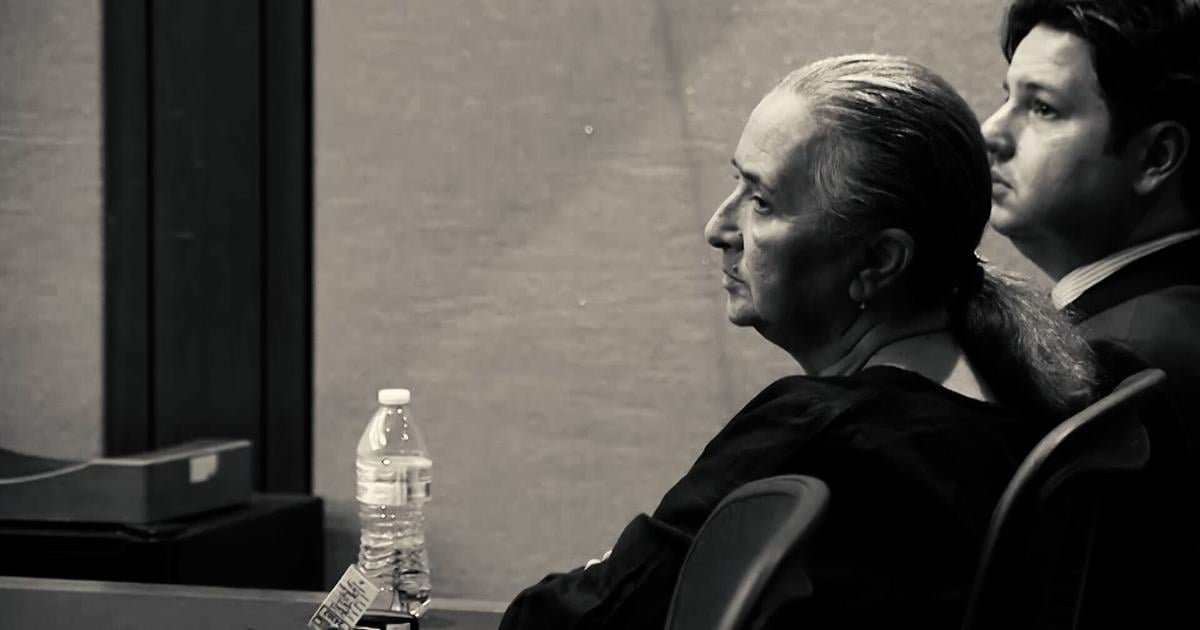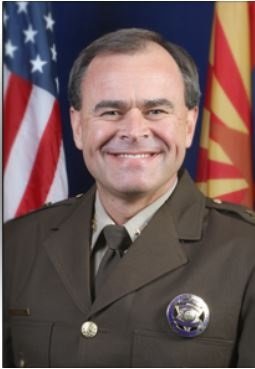Rep. Barry Moore (R-Enterprise) believes the increasing use of facial recognition technology in airports is a threat to Americans' personal freedoms.
The U.S. House of Representatives passed the Moore Amendment to the 2025 Homeland Security Appropriations Bill, signaling congressional disapproval and allowing for increased scrutiny of the Transportation Security Administration's new policy to expand the deployment of facial scanners for travelers at U.S. airports.
This afternoon, the House passed my amendment to the Homeland Security budget bill that would not allow the TSA to expand its use of facial recognition technology in airports.
This would allow Congress to increase oversight of this program, which violates the privacy of Americans. pic.twitter.com/Mg4jcwpEuu
— Rep. Barry Moore (@RepBarryMoore) June 26, 2024
“This would give the government unprecedented surveillance capabilities to track people's movements in real time,” Moore said on the House floor. “At a time when the government already conducts warrantless searches of raw data through the FISA program, we should not give a weaponized government another answer when it comes to mass surveillance, especially without a sophisticated system of checks and balances.”
Moore was referring to his vote against a two-year reauthorization of the Foreign Intelligence Surveillance Act (FISA) earlier this year because he thought the bill did not include reforms he thought were needed.
The lawmaker explained that the TSA has already expanded facial recognition technology across the country.
“While TSA has expanded the footprint of facial recognition technology to U.S. airports, the agency has stated that the program is optional,” he said. “TSA's stated intention is to expand the technology beyond security checkpoints and require passengers to undergo facial recognition scans every time they travel. Additionally, several of the airports I visited did not have sufficient signage informing passengers that they have the option to opt out of this intrusive technology.”
Moore concluded that the technology could all too easily be misused by the federal government.
“Once Americans become accustomed to government facial recognition scanning, it will become much easier for the government to scan citizens' faces everywhere, from entry to government buildings to passive surveillance in public places like parks, schools and sidewalks,” he argued. “This powerful surveillance technology as a TSA ploy does nothing to make air travel safer. In fact, the TSA reports more than 68,000 mismatches per day out of all 2.3 million travelers. Recent news reports suggest that hundreds of passengers have completely avoided TSA security checkpoints in recent years, suggesting that the TSA should focus on the basics rather than expanding its facial recognition program.”
Yaffe is a contributing writer for Yellow Hammer News and hosts “The Yaffe Program” weekdays from 9-11 a.m. WhistlerYou can follow him on X @Yaffe
Do not miss it! Subscribe now Get the top Alabama news stories delivered to your inbox.

















